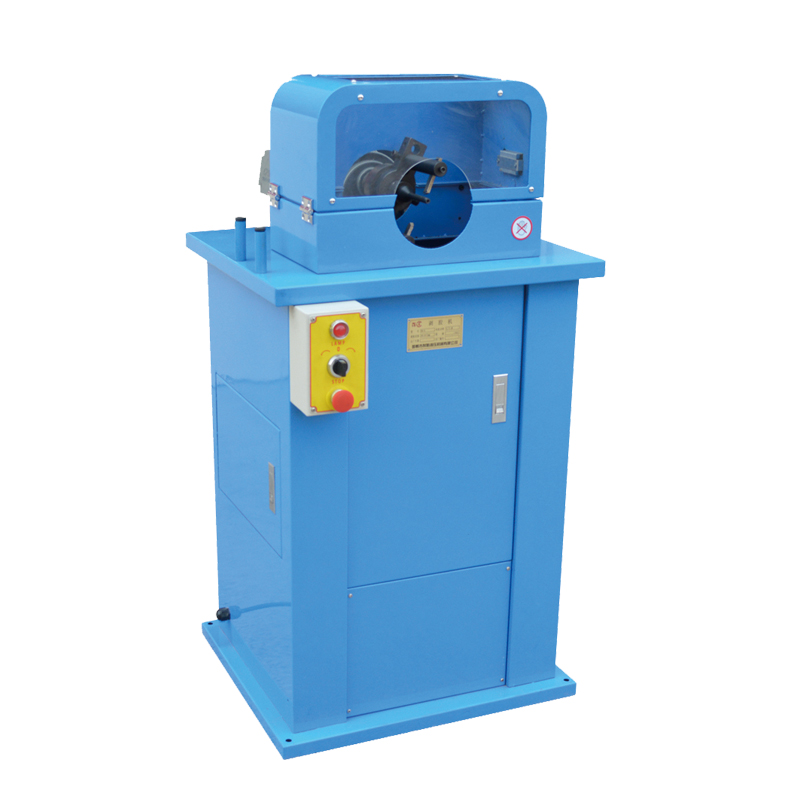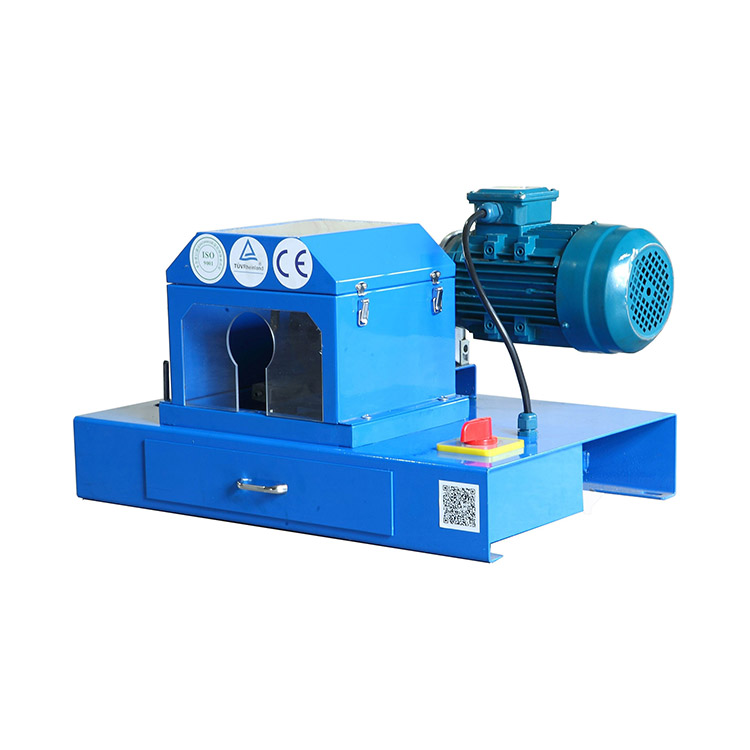

Experience dictates that regular inspection and maintenance play crucial roles in ensuring the longevity of brake hoses. Routine checks for signs of wear—such as bulges, cracks, or leaks—can preempt sudden braking failures. It's recommended to inspect brake hoses at least every two years or 24,000 miles, checking for abnormalities especially around fittings and areas exposed to the most movement. Assembling a profile of long-term brake hose performance also involves reading reviews and customer feedback. Reliable hoses will consistently reflect satisfaction in user reviews, marked by longevity and resilience, even under rigorous driving conditions. A trustworthy guarantee or warranty period from the manufacturer adds an additional layer of assurance regarding the product's quality. Ultimately, choosing a brake hose made by a reputable manufacturer can alleviate common braking system concerns. These manufacturers not only focus on product excellence but also on customer service and technical support, offering guidance and solutions to install and use their products effectively. Companies that invest in post-market surveillance add a significant layer of credibility, as they are proactive in identifying issues and innovating solutions to preempt future problems. In conclusion, investing in high-quality brake hoses involves a blend of scientific understanding, attention to detail during installation, and dedication to maintenance. Carried out correctly, these steps will ensure that the braking system functions optimally, safeguarding both performance and safety on the road. As vehicles become more advanced, so too will brake hose technologies and quality standards—continuing to uphold the principles of experience, expertise, authoritativeness, and trustworthiness.
Previous:
Next:
OUR LATEST NEWS
Strict quality control strict production team to ensure stable products quality. Scientific personnel management, efficient production arrangements to ensure our timely delivery.

Jun 13 2025
Unveiling the Diverse Hydraulic Hose Uses: From Construction to Automotive Excellence
In the pulsating heart of modern industry, hydraulic hoses act as the invisible architects of motion, seamlessly transferring power and fluid across a spectrum of demanding environments.

Jun 13 2025
Hydraulic Hoses for Construction Machinery: Powering Efficiency and Reliability
In the dynamic world of construction, where excavators carve through rock, loaders shuttle materials, and bulldozers reshape landscapes, hydraulic hoses serve as the vital arteries of heavy machinery.

Jun 13 2025
Essential Guide to Hydraulic Hose Cleaning Methods: Preserving Performance and Longevity
In the intricate ecosystem of hydraulic systems, hydraulic hose cleaning is the unsung practice that safeguards equipment reliability and operational efficiency.
Product Application




















